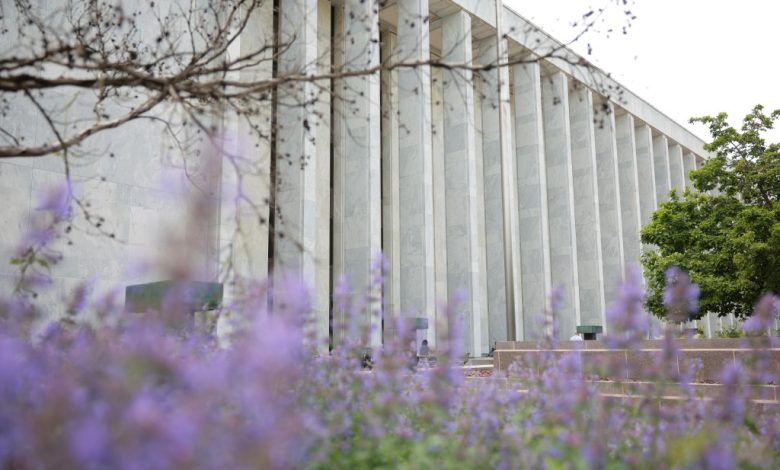Judge Declines To Immediately Block Trump’s Effort To Fire Register Of Copyrights

Federal Judge Rejects Restraining Order in Copyright Office Dismissal Dispute
A federal judge has declined to issue a temporary restraining order that would have immediately blocked the Trump administration from removing Shira Perlmutter, the Register of Copyrights and head of the U.S. Copyright Office.
U.S. District Judge Timothy Kelly denied Perlmutter’s request for an emergency ruling, instead directing both parties to submit briefs for further legal review on the case’s merits.
Earlier this month, the White House informed Perlmutter of her dismissal, following the sudden firing of Librarian of Congress Carla Hayden by former President Donald Trump.
Legal Claims Against the Administration
In her lawsuit, Perlmutter described her removal as “blatantly unlawful,” arguing that only the Librarian of Congress—not the President—has the authority to appoint or remove the Register of Copyrights.
“Congress vested the Librarian of Congress—not the President—with the power to appoint, and therefore to remove, the Register of Copyrights,” the lawsuit states. “Accordingly, the President’s attempt to remove Ms. Perlmutter was unlawful and ineffective.”
Perlmutter also objected to the appointment of Trump’s former attorney Todd Blanche as acting Librarian of Congress. Her legal team argued that the President has no constitutional authority to appoint a temporary Librarian, especially one from the Department of Justice.
Controversy Over Hayden’s Firing and Copyright Office Access
The lawsuit further criticized the administration’s vague accusations against Carla Hayden, who was accused by White House Press Secretary Karoline Leavitt of promoting “D.E.I.” and making “inappropriate books” available to children. Perlmutter’s attorneys noted the Library of Congress is a non-lending institution open only to individuals aged 16 and older, rendering the claims baseless.
The situation escalated after the Copyright Office released a key report on artificial intelligence and fair use, highlighting that while some AI training practices may qualify as fair use, others likely require copyright licensing. Perlmutter was dismissed the following day.
See More ...
On the following Monday, two DOJ officials—Brian Nieves and Paul Perkins—arrived at the Library with an email from Blanche claiming they had been assigned senior roles, including replacing Perlmutter. Staff denied them access and alerted Capitol Police, prompting the officials to leave.
Trump Administration’s Legal Defense
In response, the administration cited the Federal Vacancies Reform Act, arguing that the Library of Congress falls under presidential oversight and is not an independent body.
They further claimed that Perlmutter had failed to demonstrate “irreparable harm,” a key requirement for a temporary restraining order.
Constitutional Concerns Raised
Perlmutter’s legal team strongly disputed this interpretation, calling the move an “unprecedented and unlawful takeover” of the Library and a violation of the separation of powers. They asserted that the administration’s arguments were not only constitutionally flawed but also posed a threat to institutional independence.
“Even if Defendants have no legal basis whatsoever for their actions—this Court should not stand idly by while they wield unprecedented, and unlawful, authority,” they wrote.




